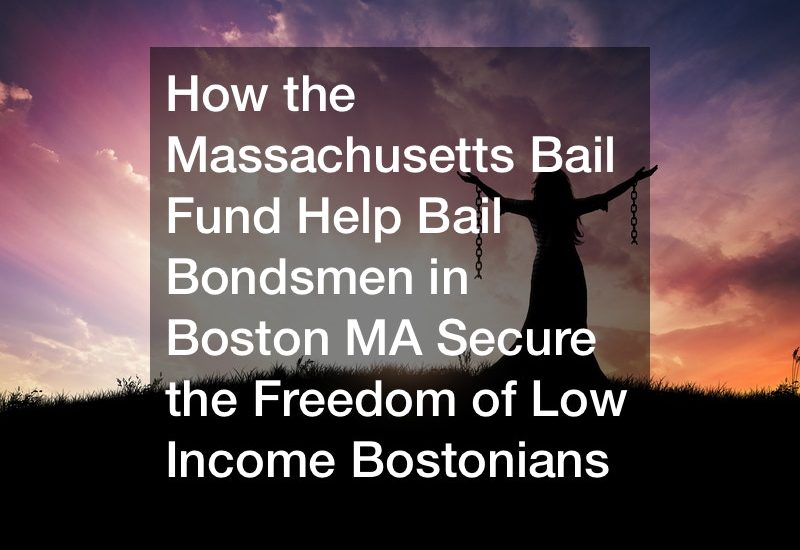Co-signer: Bail bondsmen usually require co-signers on bond. Bail bondsmen can make use of this in court to force you to attend not showing up for court. It is unlikely that the bail bondsman will issue a bail bond even if you do not have someone else who will take charge of the release.
The collateral is usually the biggest obstacle to getting a bail bond. The co-signer or you must put up collateral to help pay for the bail in the event that you don’t make your court appearances. Bail bondsmen will take the bond payment or bring you back to the prison if you do not show up to appear before the court. The collateral may be auctioned off to cover your bail if the court is not in session. Bail agents typically accept virtually any type of collateral such as cash, vehicle titles or property deeds, guns, jewelry, or other valuable properties.
In many cases it is the case that bail bonds are not available to defendants. When this happens, bail funds can help supplement the services of bail bond agents.
What’s the function of Bail Funds?
Bail funds are usually charity operations which keep funds in reserve and offer grant money to help pay for bail. The Massachusetts Bail Fund offers $1,000 bonds for bail. The bail fund will cover your whole bail if your bail is lower than $1000. If the bail amount is higher than $1,000 the bail fund will pay up to $1,000 toward the bail amount.
This could be helpful in a number of ways.
If the bail you are seeking is less than $1,000, then you do not need to get an attorney or bail bondsman to borrow the money to pay for bail. It is better to rely on the bail funds for bail payment.
If the bail amount is more than $1,000, you might require a bail bondman or borrow money to cover your bail. However, the $1,000 bail fund grant the bail fund is likely to decrease the cost of your bond as well as the amount of funds you’ll have to borrow.
The money is given to the Bai x5yy372ipj.

